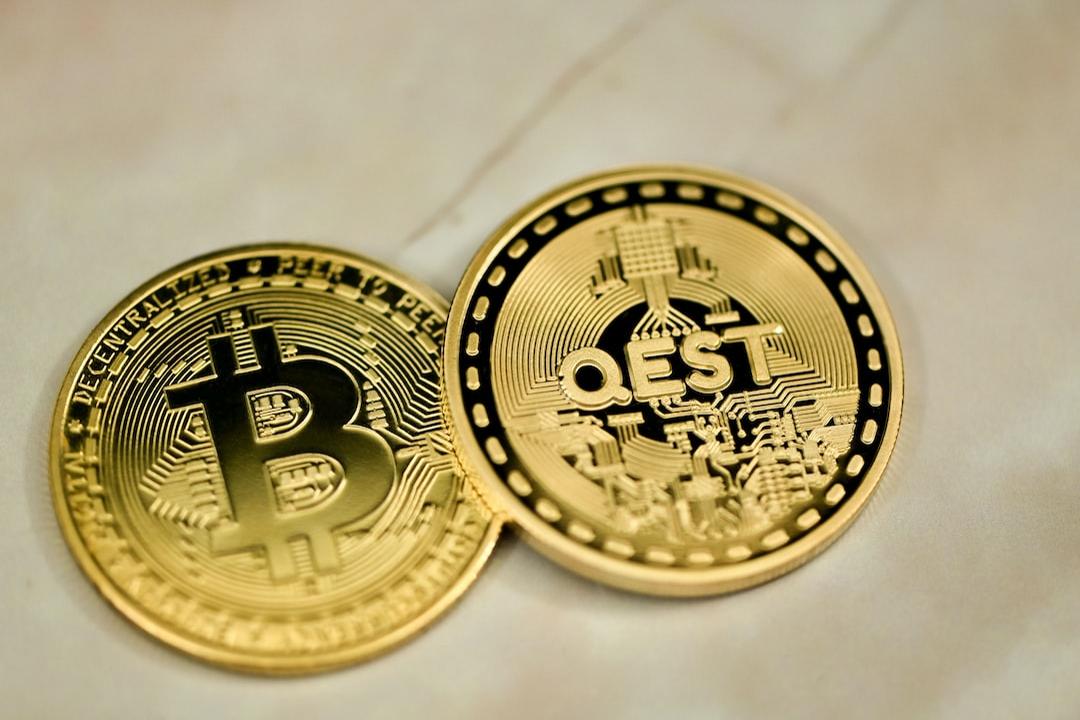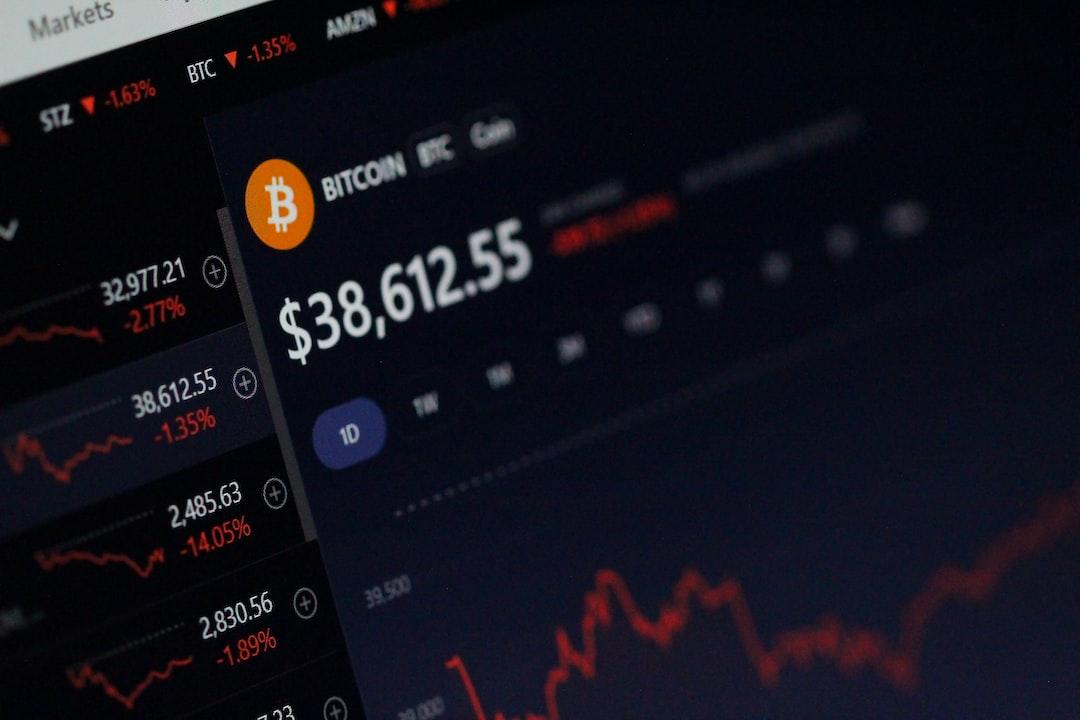In a bold move to further embed cryptocurrency within its economy, El Salvador has proposed the establishment of a Bitcoin

$116,490 bank. This initiative, highlighted by the country’s Bitcoin Office, envisages that all financial services will be conducted exclusively using Bitcoin. Seen as a significant step since Bitcoin was recognized as legal tender in September 2021, this proposal suggests a complete restructuring of the banking infrastructure with a focus on cryptocurrency.
El Salvador’s Bitcoin Bank Model
According to the proposed Bitcoin bank model, all banking services including deposits, loans, and transfers will be conducted exclusively in Bitcoin. This eliminates the need for fiat currency conversions, leading to simplified transactions and reduced costs. The model aims to provide a seamless, crypto-based service flow for both individuals and businesses, operating under a single currency framework.

This initiative continues the vision of establishing a Bitcoin-centered financial infrastructure. By channeling all transactions through a single medium, user experience is simplified while operational efficiency is enhanced. Authorities emphasize the potential for increased transparency and speed in banking processes through this system.
Expanding Access, Financial Autonomy, and Attraction of Investments
El Salvador faces the challenge of limited access to banking services among a significant portion of its population. Mobile-based Bitcoin services could offer more accessible and cost-effective alternatives to residents in remote areas. Reducing fees on international money transfers, which play a crucial role in the nation’s economy, could offer direct benefits to daily users.
Financial sovereignty lies at the core of this model. Reducing reliance on traditional global intermediaries aligns with intentions to strengthen financial autonomy. Max Keiser, the country’s Bitcoin advisor, has consistently stated that positioning Bitcoin as a store of value supports this strategy. Additionally, a Bitcoin-centric banking model could attract direct investments from crypto-friendly individuals and companies, potentially offering a template for other countries should the model prove successful.
However, clear regulations regarding cybersecurity and volatility management are crucial for the sustainability of the model. Without consumer protection and institutional trust, achieving long-term success is unlikely. The ultimate success of El Salvador’s envisioned Bitcoin bank model hinges on the management of these risks.


